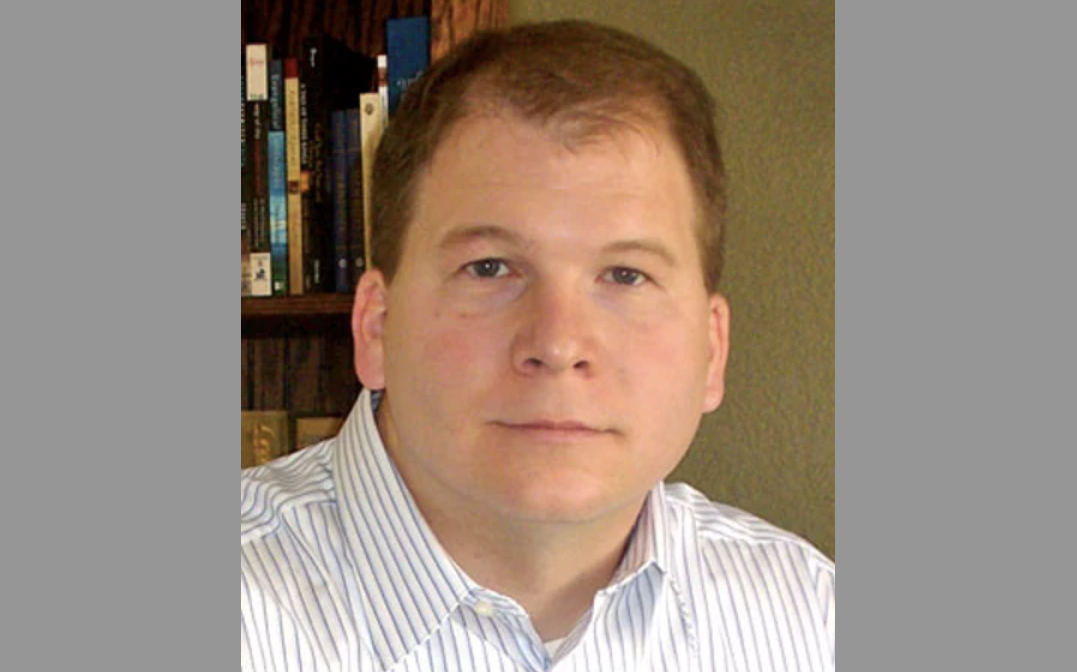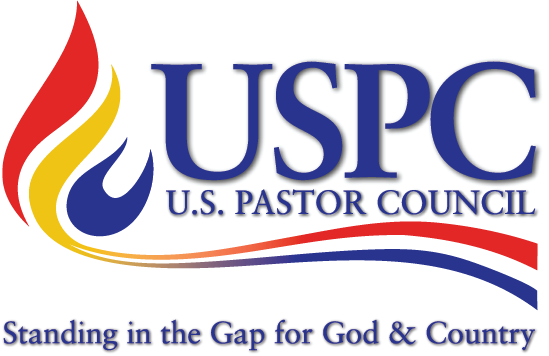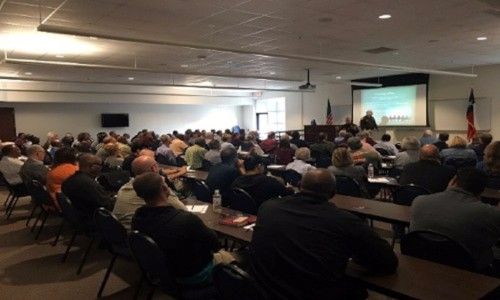
On Thursday, the Supreme Court issued a much-anticipated ruling in Fulton v. City of Philadelphia. In 2018, the city of Philadelphia barred Catholic Social Services (CSS) from placing foster children, as it had been doing for over 200 years, unless it changed its policy on same-sex households. Rather than compromise Church teaching, CSS challenged the city’s action in court. They lost at the Third Circuit, but in a 9-0 decision, CSS and religious freedom won the day at the Supreme Court.
This win was expected, but many had hoped the justices would use this case to overturn Employment Division v. Smith, a 1990 ruling which held that state and local law could restrict religious freedom, if it did so in a way that applies equally to everyone.
It is because of Smith that so many religious freedom cases are argued on the grounds of either free speech or (as was the ruling of the Masterpiece Cakeshop case) that a law wasn’t applied equally. Consistent with the aversion of the Roberts Court to issue sweeping rulings, the court didn’t use this case to overturn Employment Division. Instead, all nine justices agreed that Philadelphia didn’t apply its anti-discrimination laws equally, thus rendering Employment Division inapplicable.
Philadelphia’s anti-discrimination provision “permits exceptions [its requirements] at the ‘sole discretion’ of the [Human Services] Commissioner.” According to the court, a law that “invites the government to consider the particular reasons for a person’s conduct by creating a mechanism for individualized exemptions,” cannot, by definition, be called “generally applicable.”
What’s more, once exceptions are permitted for other reasons, exceptions in cases of “religious hardship” cannot be dismissed “without a compelling reason” In the unanimous opinion of the Court, the city didn’t “have a compelling interest in refusing to contract with CSS.”
Chief Justice Roberts, who wrote the court’s opinion, put it like this, “CSS seeks only an accommodation that will allow it to continue serving the children of Philadelphia in a manner consistent with its religious beliefs; it does not seek to impose those beliefs on anyone else.” So, the court ruled that Philadelphia did not have a basis for its actions against CSS and, further, “violate[d] the Free Exercise Clause of the First Amendment.”
Immediately, media headlines attempted to spin the outcome as the court privileging religious freedom over LGBTQ rights. It wasn’t. No LGBTQ “rights” were in any way diminished by this decision whatsoever. The media outlet Vox chided the court for ...

